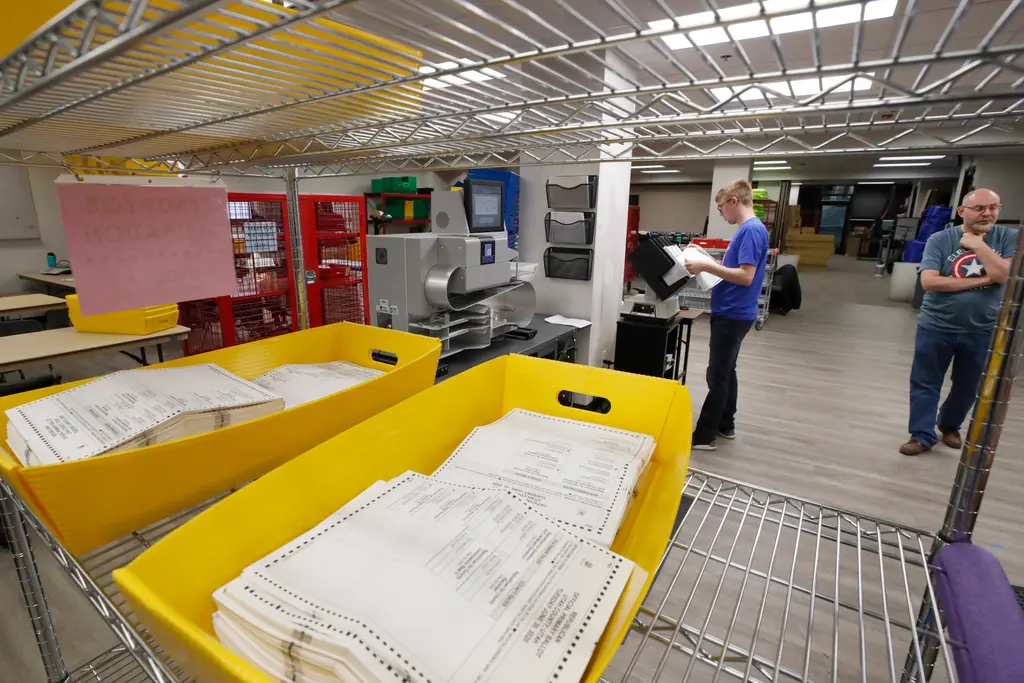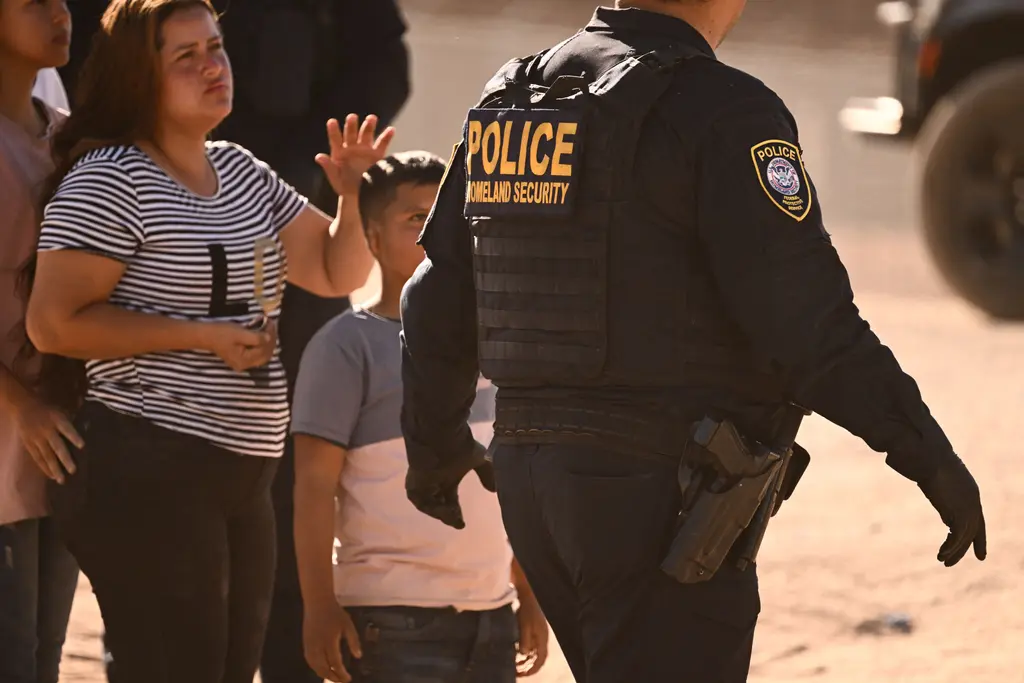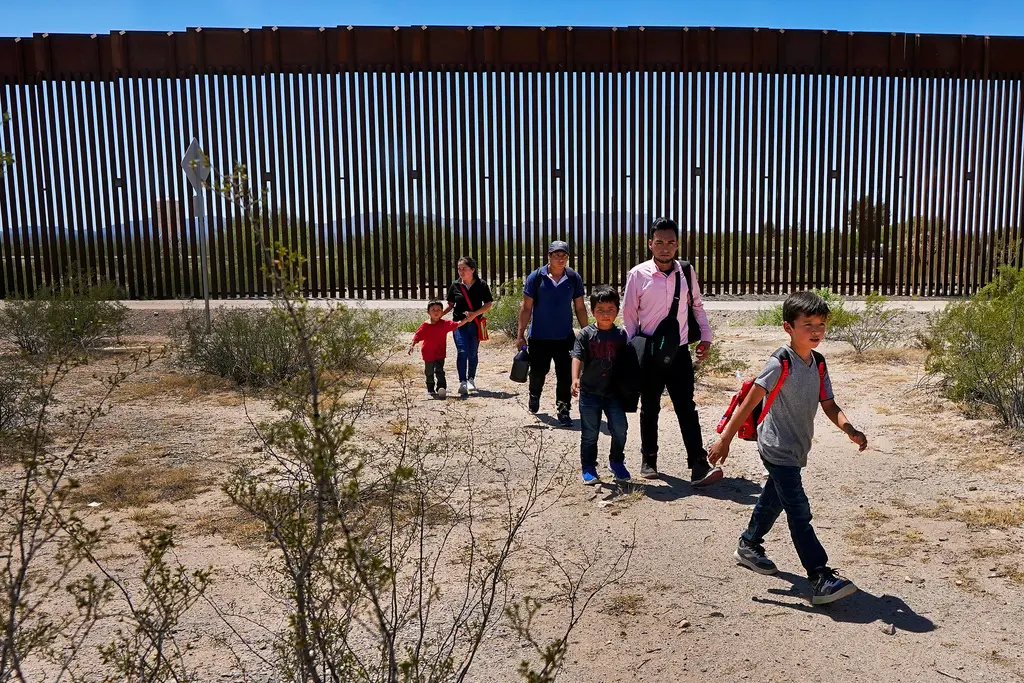As Guatemala’s government chooses corruption, U.S. should respond more forcefully

Guatemalan President Giammattei’s decision to reappoint an Attorney General stained by corruption underscores the deep problems Guatemala has with systemic corruption and human rights violations.
Attorney General Porras’s tenure has been characterized by obstructing corruption investigations into politicians and business elites, by firing honest prosecutors, and weaponizing her office to criminalize those who have spearheaded the fight against corruption and impunity. The U.S. State Department imposed sanctions on AG Porras for these reasons. Nevertheless, President Giammattei granted Porras a second term as the country’s chief prosecutor.
Between 2019 and May 2022, at least 22 prosecutors, judges, and human rights defenders have been forced into exile—many of them in the United States. Guatemalan authorities have also detained at least seven anti-corruption prosecutors.
Virginia Laparra is one of them. Last April, I visited her in Guatemala’s Mariscal Zavala prison, where she is essentially a political prisoners unjustly imprisoned since February 2022.
“I am in prison because I was doing a good job fighting for justice,” Laparra told me from her cell. In 2018, she presented a disciplinary complaint against a judge for having shared confidential information from a case that was not even in his court. In retaliation, the judge filed a criminal complaint against her. Prosecutors initially dismissed the complaint.
That changed under Porras. In 2020, the Attorney General sanctioned the prosecutors who had dismissed the case against Laparra. Then, an organization that habitually defends corrupt officials and military officers prosecuted for human rights violations, filed a complaint against Laparra in a different prosecutor’s office. That office, understanding Porras’s message, swiftly moved forward with the case.
Más sobre Opinion
Until a couple of years ago, Guatemala had been making progress in fighting corruption and organized crime. It was the result of unconventional measures. At the initiative of domestic civil society organizations and ed by the international community, the UN-sponsored International Commission against Impunity in Guatemala (CICIG)—a group of national and international experts that assisted national authorities to investigate and prosecute entrenched corruption and organized crime—arrived in the country in 2007.
Between 2007 and 2019, FECI—the prosecutor’s office that specializes in high-impact corruption cases—and CICIG tly prosecuted more than 120 corruption cases. Many of those cases involved the country’s elites, such as high-ranking government officials, of Congress, and prominent business leaders. But 2015 was a turning point: the President and Vice President were forced to step down after investigations revealed that they orchestrated a corruption scheme in the customs authority in which importers paid bribes instead of taxes. Other cases involved illegal presidential campaign contributions by business leaders, and the creation of fake jobs in Congress—the salaries pocketed by Congressional leaders.
The United States had been a steadfast er of this important anti-corruption work beginning in 2005 but that changed in 2017 when the Trump istration began to focus U.S. policy on limiting migration to the United States. To get into the U.S.’s good graces, Guatemala moved its embassy in Israel to Jerusalem and signed a “safe third country agreement,” allowing the United States to deport Central Americans to Guatemala.
In 2018, Guatemala’s president Morales, flanked by the military, announced that he would close the widely ired anti-corruption commission. Although Morales championed the CICIG early in his istration, that stopped when he and his family were investigated for corruption. His decision to force out the CICIG was received in silence by the Trump istration, and the government paid no international consequences. This emboldened Guatemala’s kleptocracy and the criminalization of anti-corruption officials started soon after.
The Biden istration has tried to reverse course. In 2021, the U.S. State Department included Guatemala’s Attorney General on a list of “undemocratic and corrupt actors” for obstructing corruption investigations and firing anti-corruption prosecutors. On May 16, in response to Porras’s re-election, Secretary Blinken tweeted that “Attorney General Porras’s corrupt acts undermine democracy in Guatemala” and reiterated the sanctions against Porras.
While the Biden istration is right to prioritize for anti-corruption efforts and strengthening the rule of law in its relations with Guatemala and Central America, it is time for it to act more forcefully. It should impose financial sanctions on those carrying out and financing these violations. The Treasury Department has these powers under the Global Magnitsky Act, which enables sanctioning people involved in serious human rights abuses and corruption.
Additionally, the U.S. should redouble its efforts to independent prosecutors and judges, as well as civil society organizations working to protect the rule of law in Guatemala. These efforts may include for imprisoned justice officials like Laparra and those who are currently in exile in the United States. for the rule of law and an independent justice system are essential to building strong democratic societies that can level the playing field and address the root causes of migration. It is time for the U.S. to show its cards.
Mirte Postema leads the Anti-Impunity Fund at Seattle International Foundation



